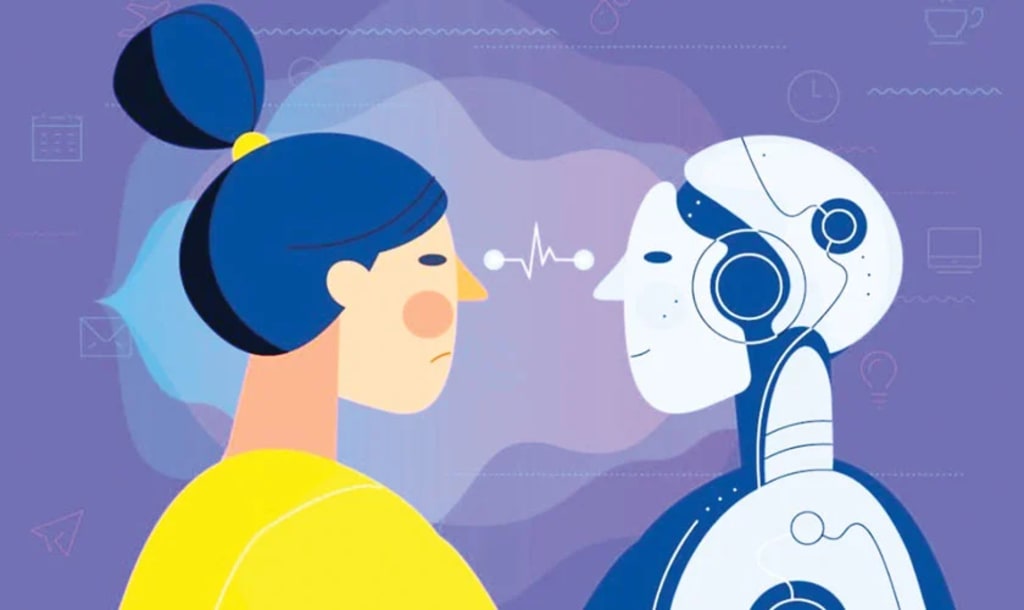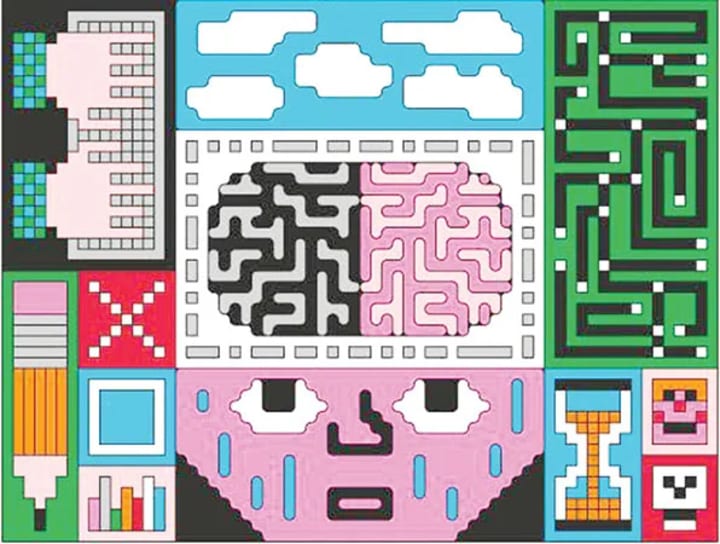
Artificial Intelligence (AI) has undoubtedly transformed the way we live, work, and interact with technology. From voice-activated personal assistants to predictive algorithms that anticipate our preferences, AI has enriched our lives in many ways. However, with these advancements come a new set of challenges and frustrations that users across the globe are grappling with. This article delves into the world of AI frustrations and the ongoing battle for virtual sanity.
Miscommunication and Misunderstandings:
The Language Barrier: While natural language processing has made significant strides, AI still struggles to grasp nuances, idioms, and context. This leads to miscommunication and often comical or frustrating interactions with virtual assistants like Siri or Alexa.
Privacy Concerns:
Invasion of Privacy: As AI algorithms collect and analyze vast amounts of data, concerns about privacy violations have intensified. Users feel watched and monitored, leading to discomfort and mistrust.
Bias and Discrimination:
Reinforcing Stereotypes: AI systems trained on biased data can perpetuate stereotypes and discrimination. This not only impacts user experiences but also raises ethical concerns about AI's role in reinforcing societal inequalities.
Technical Glitches:
Unpredictable Errors: AI-driven devices and software occasionally malfunction, leaving users frustrated and helpless. Whether it's an autonomous vehicle misinterpreting road conditions or a smart home system failing to respond, technical glitches can erode trust.

Loss of Jobs and Economic Disruption:
Automation Anxiety: AI-driven automation threatens job security in various industries, leading to job losses and economic uncertainty for many. Workers worry about their livelihoods in an AI-driven world.
Overdependence and Reduced Human Interaction:
Loss of Social Skills: Excessive reliance on AI for social interactions can erode essential human communication skills. Over time, this can lead to loneliness and isolation.
Information Overload:
Data Deluge: AI-powered recommendation systems bombard users with an overwhelming amount of information, making it challenging to filter out noise and find relevant content.
Security Risks:
Vulnerabilities: As AI systems become more sophisticated, so do the methods used by cybercriminals to exploit them. AI-driven security breaches pose a significant threat to personal and corporate data.
Ethical Dilemmas:
Moral Quandaries: AI introduces a host of ethical dilemmas, from autonomous vehicles making life-and-death decisions to AI in healthcare raising questions about patient privacy and consent.
Cost and Accessibility:
Economic Divide: High costs associated with AI-powered devices and services create a digital divide, limiting access for lower-income individuals and communities.
The Battle for Virtual Sanity:
As we navigate the complex landscape of AI frustrations, it's essential to recognize that the battle for virtual sanity is ongoing. Here are some strategies and principles to help users maintain a sense of control and well-being in an AI-driven world:

Education and Awareness:
Stay informed about the capabilities and limitations of AI to manage expectations and make informed decisions about technology use.
Regulation and Oversight:
Advocate for ethical AI development and stronger regulations that protect user privacy and mitigate the negative impacts of AI.
Balanced Integration:
Strive for a balanced integration of AI into daily life, ensuring that human interaction, critical thinking, and empathy remain at the forefront of our interactions.
Ethical AI Development:
Support organizations and initiatives that prioritize ethical AI development, transparency, and fairness.
Resilience and Adaptability:
Cultivate resilience and adaptability in the face of AI-related challenges, whether it's job displacement or technological frustrations

In this ever-evolving landscape of AI, it's crucial to recognize that addressing frustrations and ensuring virtual sanity is not the sole responsibility of users. It's a collective effort that involves various stakeholders, including governments, tech companies, developers, and society at large. Here are some additional steps that can be taken to mitigate AI-related frustrations and promote a healthier AI ecosystem:
User-Centered Design:
Developers should prioritize user-centered design, focusing on creating AI systems that are intuitive, respectful of user preferences, and capable of providing meaningful and relevant interactions.
Algorithmic Transparency:
Encourage transparency in AI algorithms. Users should have access to information about how AI systems make decisions and recommendations, allowing for more informed choices and better control over their interactions with AI.
Ethical AI Training Data:
Ensure that AI models are trained on diverse and unbiased datasets, reducing the risk of perpetuating stereotypes and discrimination. Ethical considerations should be an integral part of the data collection and model development process.
Continual Learning and Adaptation:
AI systems should be designed to learn and adapt continually, not just in terms of improving their performance but also in understanding user feedback and preferences.
Digital Literacy:
Promote digital literacy programs that empower individuals to understand AI, its benefits, and its limitations. This education can help users navigate the AI-driven world more effectively.
Collaboration and Regulation:
Governments, industry stakeholders, and advocacy groups should collaborate to establish clear regulations and guidelines for AI development and deployment. These regulations should prioritize user protection and ethical considerations.
Open Dialogue:
Encourage open dialogue and discussions about AI frustrations and their impact on society. Public awareness and engagement are critical to shaping the direction of AI development.
In conclusion, AI frustrations are a natural consequence of the rapid advancements in technology. However, these frustrations should not deter us from harnessing the potential benefits of AI. Instead, they should serve as a catalyst for positive change, motivating us to build a more responsible, ethical, and user-friendly AI ecosystem.
As we continue to navigate the complexities of AI, let us approach this battle for virtual sanity with a commitment to ethical principles, inclusivity, and user well-being. By doing so, we can strike a balance between embracing the transformative power of AI and safeguarding our individual and collective sanity in the digital age.
About the Creator
Samira
25 years young.
inspired creative, enterprenuer and lover of life.
expressing herself through words, songs, images and sounds. writing her story daily, putting meaning to her path.
Welcome! :-)






Comments
There are no comments for this story
Be the first to respond and start the conversation.